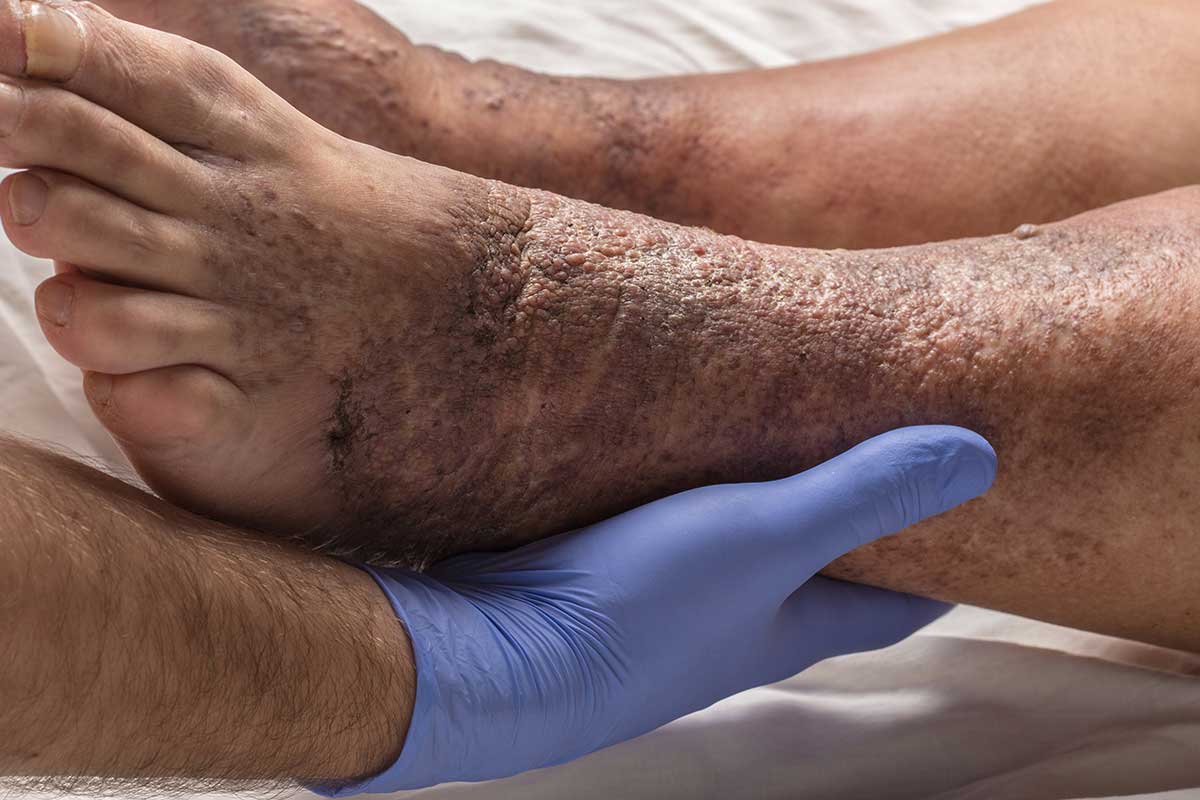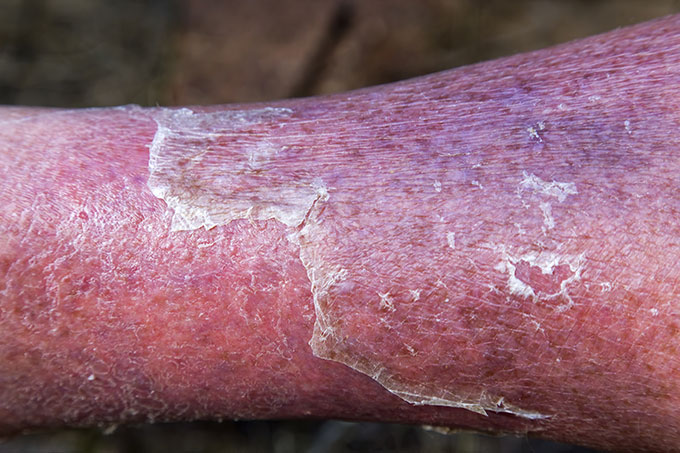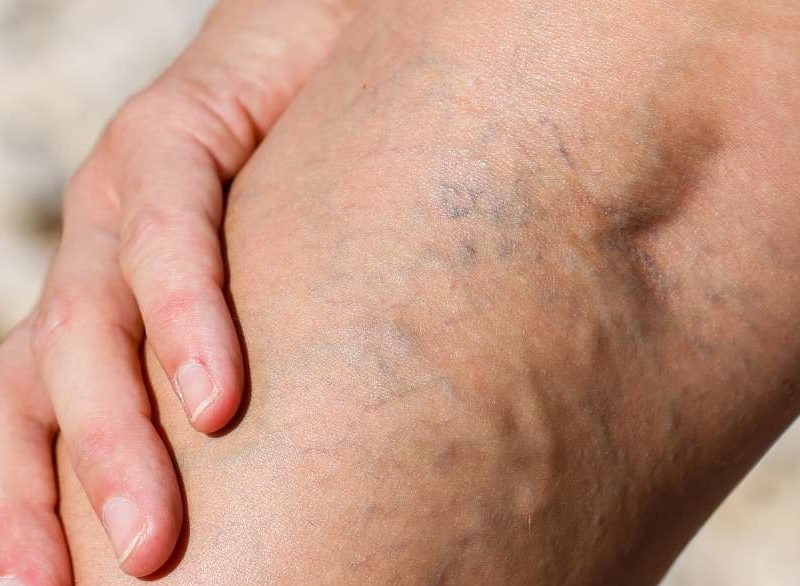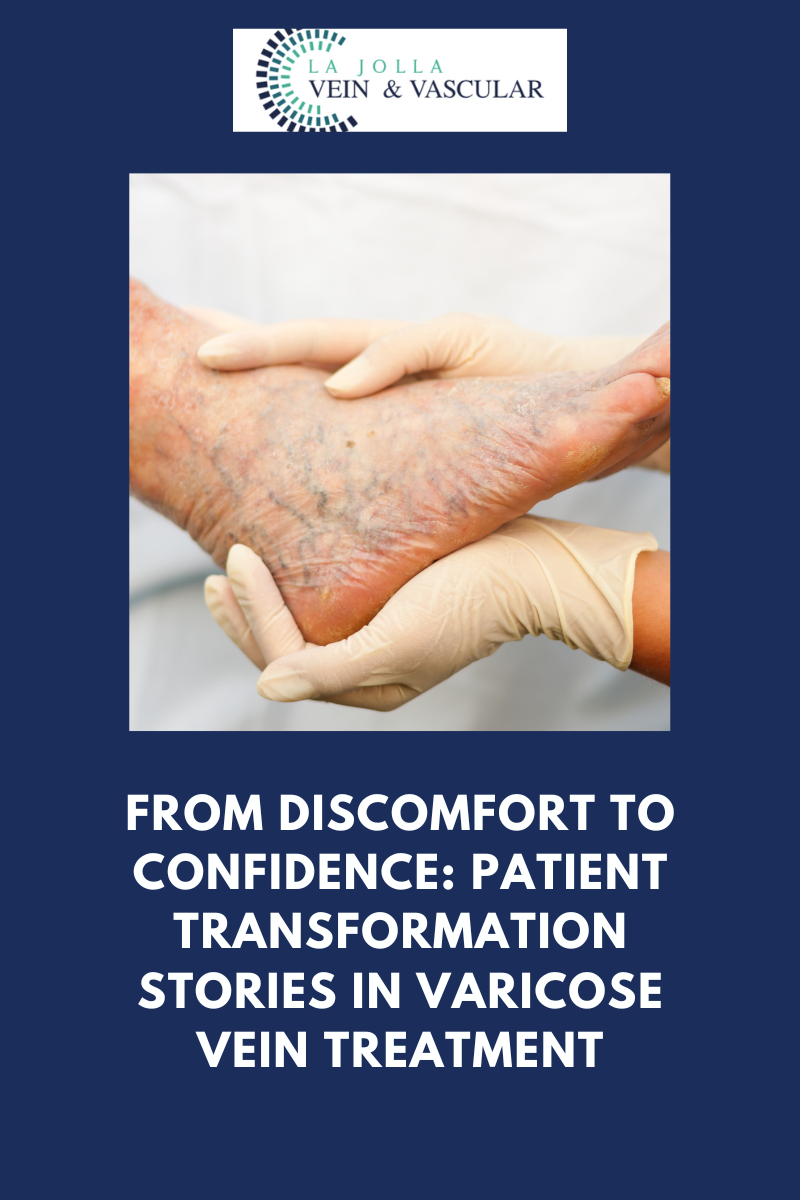Complications of Untreated Varicose Veins #2: Cellulitis

Complications of Untreated Varicose Veins and Venous Insufficiency #2: Cellulitis
Cellulitis is a bacterial infection of the skin and tissues beneath the skin. Cellulitis infections can occur in the legs of people with untreated varicose veins and chronic venous insufficiency. The reason for this is chronic venous insufficiency causes inflammation within the skin and underlying tissues. This inflammatory process causes the skin to become firm, eczema-like, dry, itchy, and fragile. Healthy skin acts as a barrier to bacteria, preventing infections. But, in chronic venous insufficiency, the skin is fragile and this barrier is susceptible to bacterial infections, that can enter the tissues through cracks or breakages within the skin. In chronic venous insufficiency, the skin around the ankles is most affected and infections can begin here.

Cellulitis usually begins as a small area of pain and redness on the skin. This area spreads to surrounding tissues, resulting in the typical signs of inflammation such as redness, swelling, warmth, and pain. Fever and chills may develop and the redness will spread affecting more of the leg. It is treated with antibiotics. If you believe you have signs of cellulitis, you need to contact your doctor right away as untreated cellulitis can spread rapidly.

This complication can be avoided by treating the varicose veins and eliminating underlying venous insufficiency, which will, in turn, reduce inflammation and improve the skin condition. Practicing good skin hygiene is important. Keep your skin moisturized so that it doesn’t flake or crack easily. If the skin is not broken or leaking fluid but is inflamed, your doctor may recommend an anti-itch cream, such as one containing hydrocortisone; a cream containing zinc oxide to protect the skin; or an antifungal cream to prevent fungal infections.
Skin that is leaking fluid is treated with wet compresses. If you have ulcers on your legs, your doctor will show you how to apply layered compression bandages to protect the skin and maintain blood flow.





